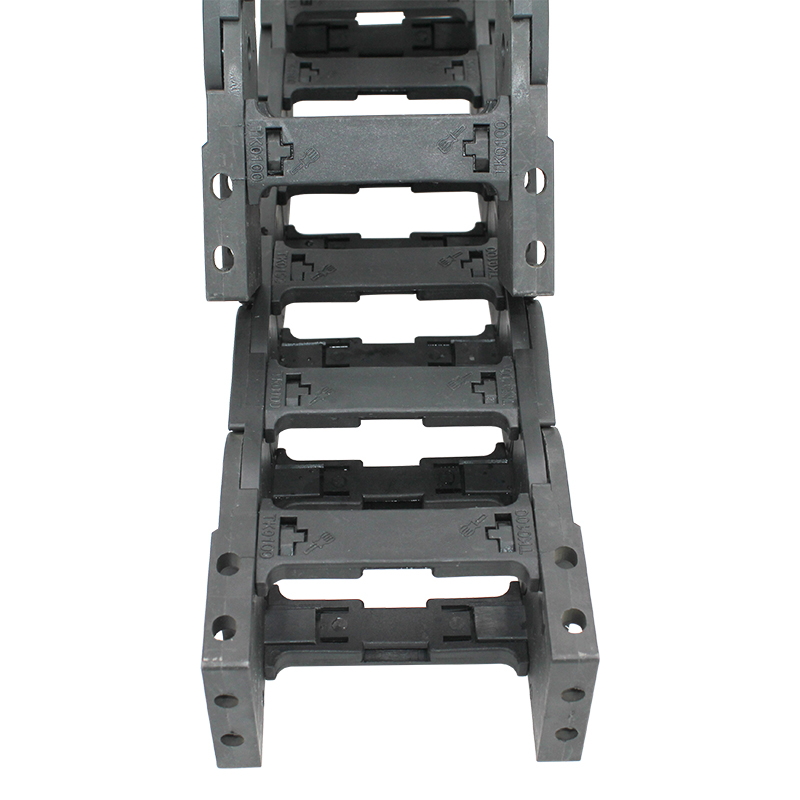Optimizing CNC Chip Conveyor Systems for Enhanced Efficiency and Productivity in Manufacturing
CNC Chip Conveyor Enhancing Efficiency in Manufacturing
In the ever-evolving landscape of manufacturing technology, the integration of efficient processes is paramount for success. One of the critical components in modern machine shops is the CNC chip conveyor. As industries continue to seek ways to streamline operations and improve productivity, the significance of chip conveyors becomes increasingly apparent. This article aims to delve into the role of CNC chip conveyors in manufacturing, their benefits, types, and considerations for selection.
Understanding CNC Chip Conveyors
CNC (Computer Numerical Control) machines are integral to the manufacturing process, enabling precise machining of materials such as metal, wood, and plastics. However, the operation of these machines generates a significant amount of chips and shavings, which can clutter the workspace and hinder productivity. This is where CNC chip conveyors come into play—a vital component designed to remove waste materials efficiently, thus promoting a cleaner and more organized working environment.
A CNC chip conveyor is typically a mechanical system that transports chips away from the machining area to a designated disposal location. This can involve several methods, including belt conveyors, screw conveyors, and magnetic conveyors. The choice of conveyor type largely depends on the nature of the chips produced and the specific requirements of the machining operation.
Benefits of CNC Chip Conveyors
1. Enhanced Productivity By automating the removal of chips, CNC chip conveyors minimize downtime associated with manual cleanup. Operators can focus on machine operation rather than stopping frequently to clear away debris, leading to increased overall productivity.
2. Improved Workplace Safety A clean manufacturing environment reduces the risk of accidents associated with slipping hazards caused by stray chips. By maintaining a tidy workspace, chip conveyors contribute significantly to workplace safety standards.
3. Better Equipment Longevity Excess chips can lead to abrasion and wear on CNC machinery. By efficiently removing these materials, chip conveyors help to extend the lifespan of valuable equipment, resulting in lower maintenance costs and reduced replacement frequency.
4. Optimized Workflow With a continuous flow of waste management, CNC chip conveyors enhance workflow efficiency. Operators can work more seamlessly without interruptions caused by clutter and waste management.
Types of Chip Conveyors
There are several types of chip conveyors, each suited for different applications and types of chips
cnc chip conveyor

- Belt Conveyors These are the most common type of chip conveyors, utilizing belts to transport chips away from the machine. They are versatile and can handle various chip types, from fine shavings to larger scrap pieces.
- Screw Conveyors Ideal for handling wet or sticky chips, screw conveyors use a rotating spiral to move materials. They are especially useful in operations involving liquids, as they can help in separating chips from coolant.
- Magnetic Conveyors Designed to transport ferrous materials, magnetic conveyors employ magnets to lift and move metal chips. They are efficient in operations where metal shavings are the primary waste.
Considerations for Selecting CNC Chip Conveyors
When selecting a CNC chip conveyor, several factors must be considered
1. Type of Material Understanding the type of chips generated is crucial. Different materials may require different types of conveyors to optimize performance.
2. Volume of Chips Assessing the volume of chips produced helps in selecting a conveyor that can handle the specific load without frequent jams or failures.
3. Space Constraints Many manufacturing settings have limited space. The dimensions and design of the conveyor must fit within the available area and integrate seamlessly with existing machinery.
4. Maintenance Requirements Some conveyors require more maintenance than others. It’s essential to choose a system that aligns with the maintenance capabilities of the organization.
Conclusion
In conclusion, CNC chip conveyors play an essential role in modern manufacturing by facilitating efficient chip management, enhancing productivity, and ensuring a safer workspace. By choosing the appropriate type of chip conveyor that aligns with the specific needs of the operation, businesses can significantly optimize their workflow and sustainability. As technology continues to advance, integrating such systems will be crucial for staying competitive in a rapidly changing industry.








